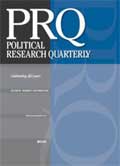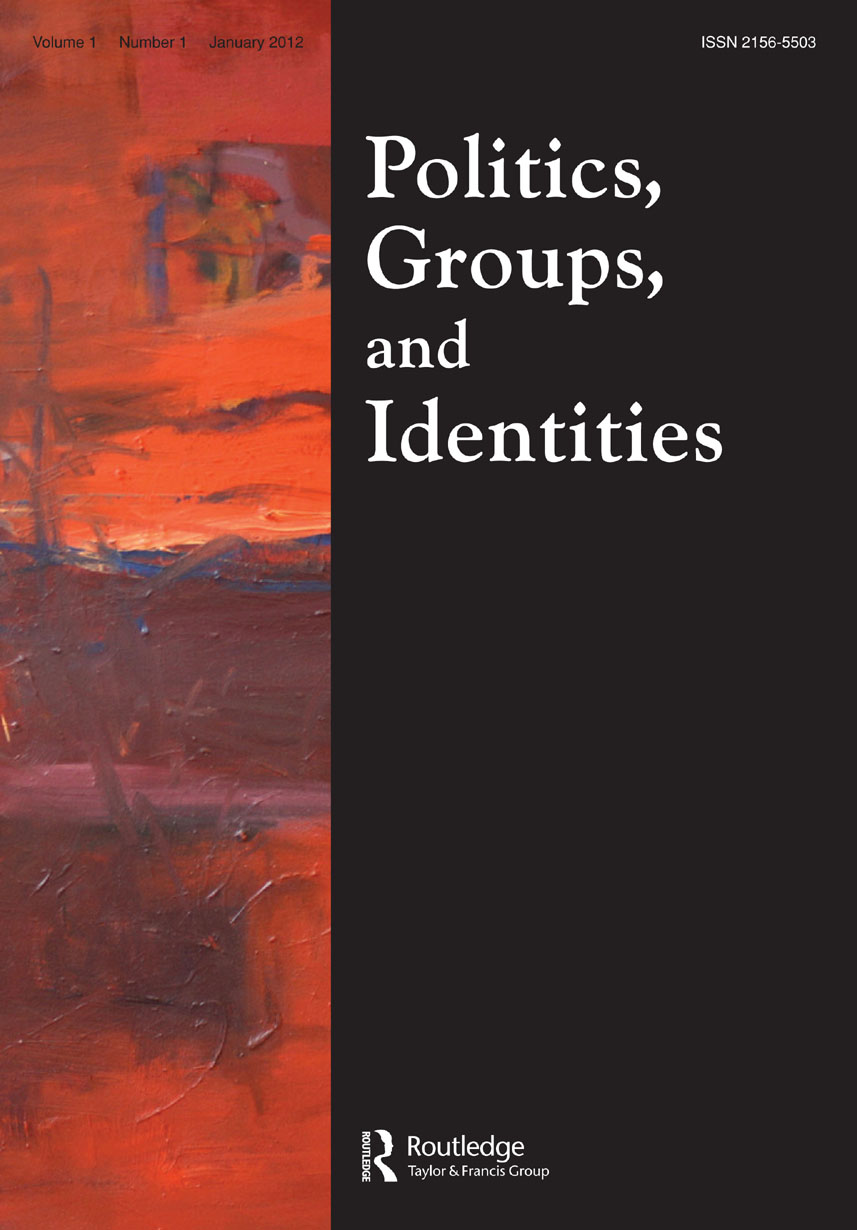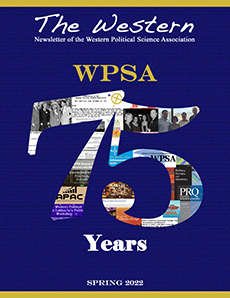WPSA Anti-Harassment Policy
1. Purpose
The Western Political Science Association was created for the purposes of promoting the study and teaching of government and politics, to foster research, and to facilitate the discussion of public affairs. The Association promotes these purposes in the spirit of free inquiry and free expression. The primary event in which WPSA members gather is at the Association’s annual conference. Harassment of colleagues, students, or other participants at the conference, or at any other WPSA-sponsored event or forum, undermines the principle of equity at the heart of the Association’s principles and is inconsistent with the principles of free inquiry and free expression. Consequently, harassment is considered by the WPSA to be a serious form of professional misconduct.
The WPSA is committed to providing a safe and welcoming conference environment for all participants, regardless of race, gender, sexual orientation, gender identity, ability, ethnicity, socioeconomic status, age, or religion.
“Participant” in this policy refers to anyone present at or directly involved in WPSA meetings, including staff, contractors, vendors, exhibitors, venue staff, WPSA members, and all other attendees.
2. Expected Behavior
All participants at WPSA meetings are expected to abide by this Anti-Harassment Policy in all meeting venues including ancillary events and official and unofficial social gatherings.
• Abide by the norms of professional respect that are necessary to promote the conditions for free academic interchange;
• If you witness potential harm to a conference participant, be proactive in helping to mitigate or avoid that harm;
• Alert conference or security personnel if you see a situation in which someone might be in imminent physical danger.
3. Unacceptable BehaviorUnacceptable behaviors include:
• persistent and unwelcome solicitation of emotional or physical intimacy;
• persistent and unwelcome solicitation of emotional or physical intimacy accompanied by real or implied threat of professional harm;
• intimidating, harassing, abusive, derogatory, or demeaning speech or actions by any participant in an WPSA meeting and/or at any related event;
• prejudicial actions or comments related to race, gender, sexual orientation, religion, ability, ethnicity, socioeconomic status, age, or religion that coerce others, foment broad hostility, or otherwise undermine professional equity or the principles of free academic exchange;
• deliberate intimidation, stalking or following;
• harassing photography or recording;
• sustained disruption of talks or other events;
• physical assault (including unwelcome touch or groping);
• real or implied threat of physical harm.


